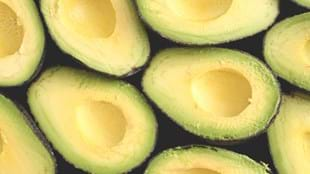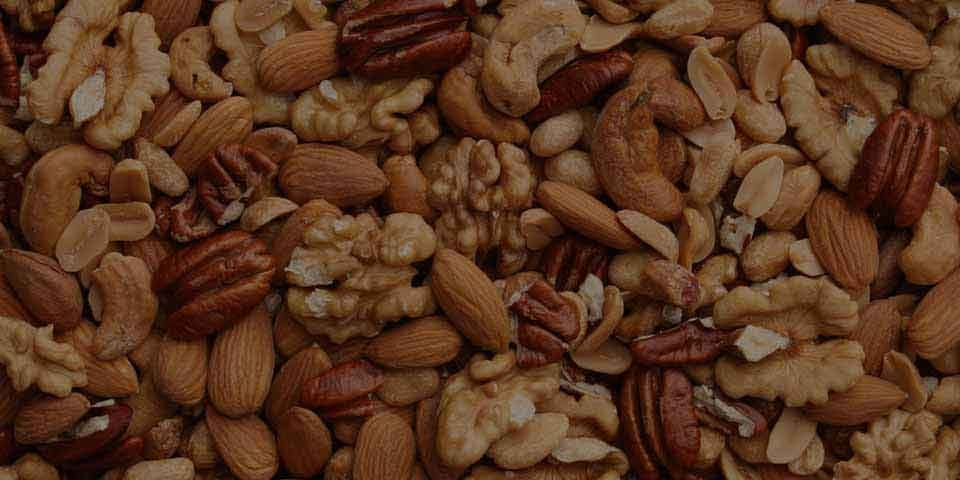Let’s be clear about our terms – how is a saturated fat different from an unsaturated fat?
Fats are made up of long chains of carbon atoms, and above and below each carbon atom is a hydrogen atom. They’re long straight chains, and packed in together tightly. Unsaturated fats, whether mono or polyunsaturated, have double bonds along that chain, which create a kink, so the chain of carbons is slightly wonky.
What has this to do with our cardiovascular health?
When carbon chains are packed in tightly, it makes a fat more solid; the more saturated they are [in hydrogen atoms] the more solid they are, like the fat on meat, particularly on lamb and beef. Oily fishes don’t have saturated fats; they’re deep-sea fish and they’re cold-blooded, so they obviously don’t want to solidify in the cold water. Anything that is semi-solid in its natural state is likely to end up in a similar state in your arteries. Do you want to do that to your body?
As a rule of thumb, saturated fats are usually found in animal products, like lamb, beef, butter and cream, and unsaturated fats in nuts, vegetable oils and oily fish?
There are two important exceptions – palm oil and coconut oil. They’re both high in saturated fats. The promotion of coconut oil as a health product is the biggest have. All the mainstream scientists say keep away from it; put it on your skin, not in your mouth.
Concerns about saturated fats goes back to the 1950s. The food industry then came up with margarine, which was supposed to be a healthier option but turned out to be just as bad. What’s the current consensus – are butter-like spreads any better?
The production of old-fashioned margarines used a process called hydrogenation; you started with a vegetable oil, which was liquid at room temp, and added hydrogen. By doing that you converted a kinked carbon chain to a solid carbon chain, and turned unsaturated fats into saturated fats. They’re called trans fats, which are now regarded as the worst kind of fats. But the industry recognized that problem, and developed other processes to produce spreads that are low in trans-fats. There are also natural trans-fatty acids, in dairy products and meat, and the evidence points to them being just as bad as manufactured ones.
There have been quite a few headlines recently that suggest the experts were wrong – that there’s actually little evidence that a diet low in saturated fats will reduce your risk of heart disease.
The “experts are wrong” story sells. Experts are sometimes wrong, but the reason they’re called experts is because they’re usually right. But a headline stating “the experts are right” is hardly headline material.
It’s indisputable, based on something like 100 short-term trials, that if you randomize people to eating diets high in saturated fats, this will lead to higher levels of bad LDL cholesterol and lower good HDL cholesterol. (That goes for coconut oil and palm oil as well.) That’s an indisputable fact, and you can’t say that in science very often, because science is almost always grey. Poly- and mono-unsaturated fats have the best effect on your lipids, and the rest generally have adverse effects.
But as you said, these are short-term trials.
The ideal study would involve taking a very large group of people, randomizing them to a low or high saturated fat diet, following them over five to ten years and counting the number of heart attacks in each group. But we can’t do it. People won’t comply. It’s as simple as that.
Some researchers have tried, but they show only a very weak relationship between saturated fat consumption and heart disease or nothing at all. But I could have predicted that, because people don’t stick to the diet. But we’ve now got apparent “experts” saying “a long term randomized controlled trial is the best form of evidence, but the results are weak or negative, therefore a diet high in saturated fats doesn't cause heart disease.” That’s just bonkers.
Why are some researchers now saying that the low-fat diet message is partly responsible for increasing rates of obesity and Type 2 diabetes?
We need to put this in context. In the 1960s and 1970s there was a very clear, consistent message from the cardiovascular research community. They weren’t saying eat less fat, they were saying eat less saturated fat. They were basically pushing the Mediterranean diet.
But about 1980 people began to realize there was a developing obesity epidemic, and cancer studies were showing a consistent relationship between any type of fat consumption and cancer. So the message to “eat less saturated fat” was replaced by the “eat less fat” message. That was a profound change.
In the 1960s and 1970s the food industry replaced saturated fat with mono- and polyunsaturated fats, but in the 1980s the low fat message led them to replace all fats with sugar to make sure the food still tasted good. I’m pretty convinced that part of the reason for the increase in obesity is because of that change in message. Replacing saturated fats with unsaturated fats was the right message, but the message to eat less fat [in general] was the wrong one.
So people are getting fatter, but the rates of heart disease are still coming down?
Yes, we do need to separate getting fat and getting heart disease. If you want to reduce your risk of heart disease, you should be on a low saturated fat diet. If you want to reduce your weight, it looks like a higher – but not very high – fat diet is better than a very low fat diet, probably because if you’re on a very low-fat diet, you’ve replaced fat with sugar. But that’s about a low fat versus high fat diet, not a saturated fat versus unsaturated fat diet.
Why is this so complicated?
It’s not complicated. The food industry wants you to be confused, to throw your hands up in bewilderment, to say “this is all too confusing, I’ll just eat what I like.” The message is actually rather simple; eat mainly plants, replace saturated fats with unsaturated fats and go easy on salt and sugar.
Want some further clarification on exactly what fats you should be consuming? Check out our fat FAQs – a quick and easy way to digest all you need to know about the fats in your food.

Professor Rod Jackson is a professor of epidemiology at the School of Population Health, Faculty of Medical and Health Sciences, University of Auckland. His main research for the last 35 years has been on the causes, prevention and management of cardiovascular diseases.







